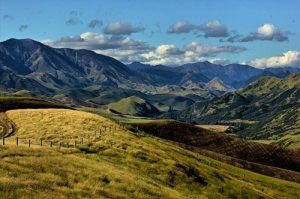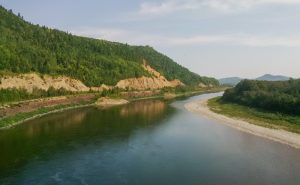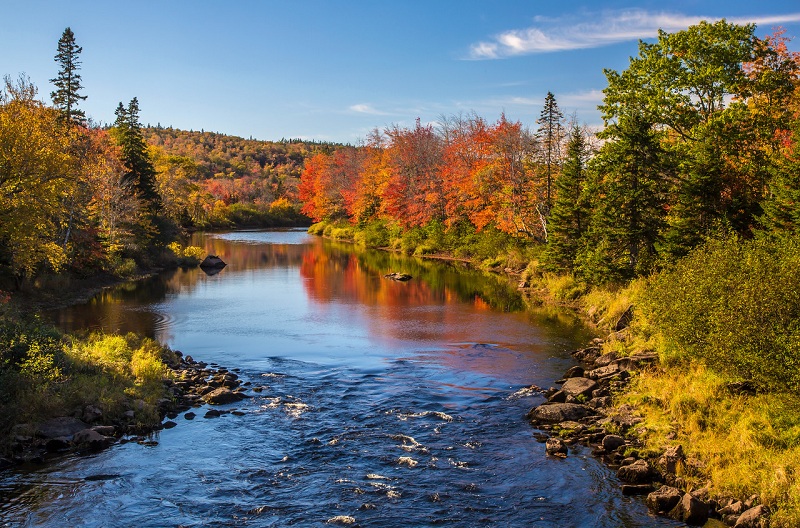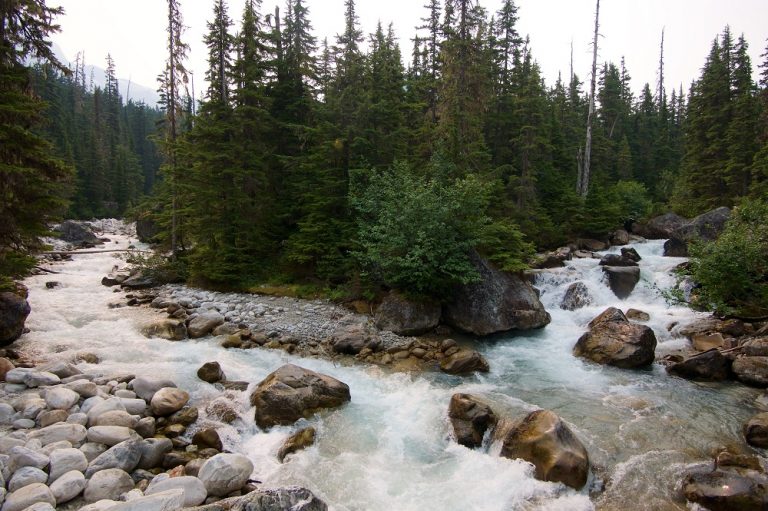It is only in recent times that the world population is getting aware of the importance and consequences of nature. Different policies and regulations have been put into action all over the world to protect the environment from the harmful effects of urbanization and industrialization. Yet not all countries seem to take matters seriously and lag in their initiatives to protect the nature. Canadian authorities are trying to protect not only nature and environment, but they also want to make gambling activities more transparent, among which we can highlight Canadian online casino games websites. They mostly have a high level of reliability.
The Canadian Parks and Wilderness Society’s findings in its annual report do not paint a very bright picture when it comes to conservation of land and water. In Canada, various states have pledged to protect parts of land and water bodies under their jurisdiction guided by the United Nations Convention on Biological Diversity 2010. Overall, Canada committed to protect 17% of its land and water and enhance them by the year 2020.
The Picture Isn’t Great Always
 While the above statistics do look encouraging, not all states are doing well and as a whole, as the report finds Canada lacking in its efforts and commitments. The province of New Brunswick especially ranks second last on the list and comes way below other territories and provinces that have better protection programs. New Brunswick only has managed to protect 4.7% of their area while the national average comes to 10%.
While the above statistics do look encouraging, not all states are doing well and as a whole, as the report finds Canada lacking in its efforts and commitments. The province of New Brunswick especially ranks second last on the list and comes way below other territories and provinces that have better protection programs. New Brunswick only has managed to protect 4.7% of their area while the national average comes to 10%.
Roberta Clowater, executive director of CPAWS thinks that the government did not do its bit to expand its reach of protected areas unlike other provinces following a strategy. She took the example of Nova Scotia which shares similar geographical and conservation issues with New Brunswick being able to cover 12% area under their protection.
Improving the Situation: What Can We Do?
 CPAWS has a specific suggestion for improving the situation starting with New Brunswick Restigouche River watershed which could be developed into a spectacular tourist destination. According to Clowater, there is not enough political will for protection and the government is not concentrating on the issues it needs to. Industrialization and mining operations in areas like New Brunswick pose a direct threat to the conservation initiatives. She also brought up the common argument of loss of employment by reducing industrialization but found it misleading because tourism is known to generate more jobs.
CPAWS has a specific suggestion for improving the situation starting with New Brunswick Restigouche River watershed which could be developed into a spectacular tourist destination. According to Clowater, there is not enough political will for protection and the government is not concentrating on the issues it needs to. Industrialization and mining operations in areas like New Brunswick pose a direct threat to the conservation initiatives. She also brought up the common argument of loss of employment by reducing industrialization but found it misleading because tourism is known to generate more jobs.
Various environment activists and groups have appealed to the provincial governments to increase their efforts to protect new areas of land for a long time but with little success. But maybe Canada can follow the lead of Nova Scotia and Nature Conservancy of Canada which expanded its protection to cover more area around the Musquodoboit River. It now takes care of 528 acres of forest, exquisite trees, wetlands and endangered species. There are many ecosystems surviving in the water and the forests and the area is a large habitat for a diverse range of species.

There is need of more initiatives on the part of the territorial and provincial governments for Canada to fulfill its commitment towards nature protection.
